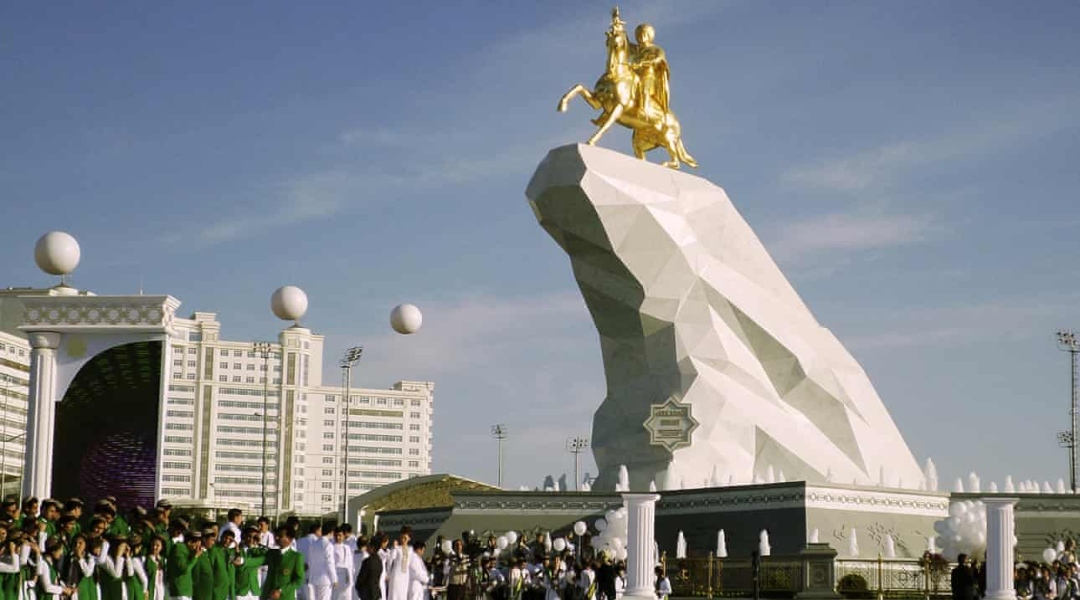Mercer releases its 27th annual Cost of Living Survey, yielding unexpected results this year.
With the global economic crisis from the COVID outbreak, cities across the world continue to struggle. Mercer’s 2021 Cost of Living ranking shows Ashgabat in Turkmenistan as the most expensive city to live in. It climbed from the second position last year given the high inflation rates fueled by the economic impact of the pandemic.
The annual ranking uses New York as the base city in measuring the comparative costs of 209 cities across five continents. This includes 200 items such as transportation, housing, food, and entertainment.
Comparing it to the previous years before the pandemic, international mobility was drastically disrupted. Companies are now reevaluating how they manage their workforce—and their movements are greatly affecting international employees and other expats now.
RELATED READ: Travel With Caution: Countries That Are Now Accepting Tourists, And What You Need To Fly There

Fueled by crises
This year, more than half of the expensive cities come from Asia. The capital of Turkmenistan takes the first position, replacing Hong Kong. Ashgabat may be known for its grand white marble buildings but in 2014, the country suffered from inflation and high food prices after the global slump in gas prices. The pandemic fueled this, given the lack of foreign currency in the country leading to shortage of food.
Ranked first last year, Hong Kong dips to second followed by Beirut. This is another unexpected result as the Lebanese capital was ranked 45th last year. According to Mercer, Beirut has been experiencing political unrest throughout the years.
Apart from the pandemic, the devastating explosion in August 2020 was seen as a result of years of corruption and mismanagement. The government resigned, a new one formed but was once again forced to step down due to similar reasons. This led to high inflation with a third of their population living below the poverty line.

Tokyo and Zurich are in fourth and fifth positions, respectively, dropping to one rank each from last year. Shanghai is in the sixth, Geneva in eighth, Beijing in ninth, and Bern in Switzerland in tenth.
Cities in the United States are surprisingly not in the top 10—New York is in 14th, dropping from sixth last year. This is due to the currency fluctuations between March 2020 and March this year. As the country is coming out of strict lockdowns, household spending is limited.
RELATED READ: COVID Immunization: So You Are Fully Vaccinated—What Now?

Workforce mobility
The rise of remote and hybrid working is becoming the workforce sector’s solutions to problems in mobility. As the pandemic forces people to work from anywhere, employees are thinking about moving residences.
At the same time, companies are reviewing their compensation packages on international assignments, especially long-term ones. After all, relocation support entails differing elements such as tax compliance, cost containment (allowance for goods and services, transportation, housing, utilities, etc.), and managing exceptions.
According to Mercer’s March 2021 survey, 56 percent of companies cancelled all or some short-term assignments. This came after the preference to have assignees perform jobs from another country than the assigned one.
Other strategies employers are considering range from hiring international hires and freelancers to having one-way and permanent transfers.
Cost and quality of living
High costs of living remain a challenge to international mobility planning. The pandemic intensified this given the safety and health concerns and flexibility policies. The latter is most crucial when employers need to consider the personal circumstances of their assignees.
Some fail their assignments due to these top three factors: difficulties adjusting to the host country, poor candidate selection, and spouse or partner’s unhappiness. This is why the quality of living in the assigned location has to be considered and compared to that in their home location.
Click here to see the full city ranking.
Banner photo from Alexey Averiyanov.





